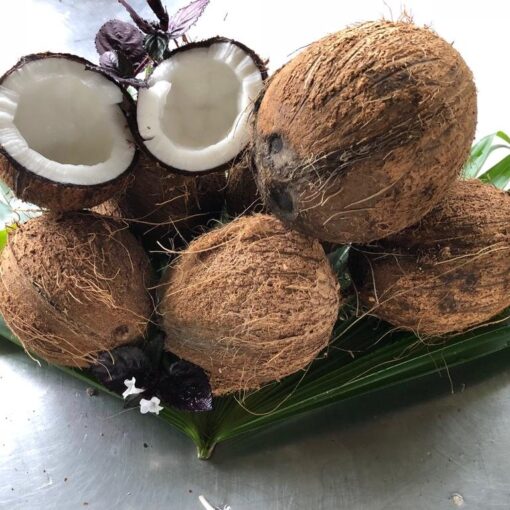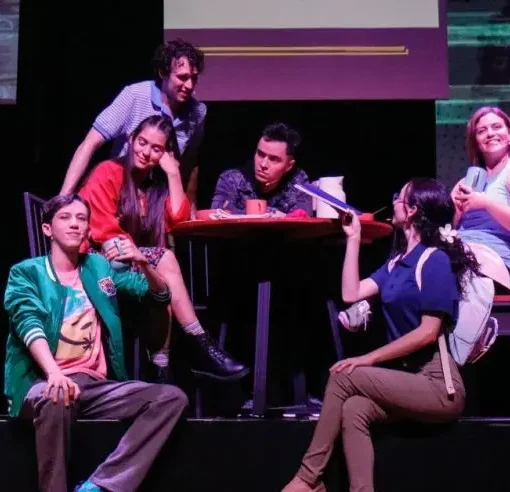Q COSTARICA (From CRHoy) — Sara (pseudonym)’s voice trembles a little when she talks about her father. Don Álvaro (pseudonym) is 60 years old, was born in Costa Rica, but is a US citizen and served in the army.
He arrived in the United States when he was just 9, driven by the dream of a father who emigrated in the 1970s hoping to offer a better life for his family. He gave his youth, his health, and his loyalty to the United States. Now his daughter begs him not to go out on the street without a copy of his passport.
“I tell him, ‘Papi, have a photo of your passport on your phone.’ And he just answers, ‘No, calm down. I served in the army. I’m a citizen.’ But that doesn’t matter right now,” Sara says.
– Advertisement –
They live in California, where she was born and raised among Salvadorans, Mexicans, and a few Costa Ricans. However, in recent days, life in the neighborhood has changed abruptly. “It’s like the movie where Thanos appears, doing this with his fingers… and there’s no one left,” she says.
Don Álvaro served in the United States Army of his own free will. Because, although his mother dreamed of seeing him in college, he decided to wear a uniform and say yes to a country that wasn’t yet entirely his.
“I always tell him: ‘You weren’t even born here, and you said: I’m going to serve this country.’”
The family arrived in the 1970s. Sara’s grandfather worked in factories, lost half a finger in a machine, and still went to work the next day. He lived through times of fear, with bells ringing announcing the arrival of immigration officers, with documents torn up in his face by border agents yelling at his wife to keep their baby quiet.
“This fear isn’t new,” she says. “But now it’s worse.”
According to Sara, there are no more taco vendors on the streets. No more children running around. There are no people on the sidewalks. There is silence, patrol cars, and plainclothes Immigration and Customs Enforcement (ICE) agents entering stores, churches, and schools.
– Advertisement –
“It doesn’t matter if you have papers. It doesn’t matter if you say you’re a citizen. They’re grabbing you on the street, throwing you into cars, and taking you away. Days later, they realize, ‘Oh, yes, you are a citizen.’ But they’ve already traumatized you. They’ve already put you through all that.”
Sara is a teacher. She has a master’s degree in education. She says she owes everything to her father and grandfather. She wouldn’t be where she is today if it weren’t for their sacrifices. But now she lives in fear. Afraid that one day her father won’t return.
“I’m afraid. Afraid of not finding him. Because it’s not like they arrest you and tell you, ‘He’s going to be here.’ No. They take him away, and no one knows where he is. Days go by, searching, until someone tells you, ‘Oh, he’s in such and such a place.’ And you wonder: How did he get there?”
Saturday was President Donald Trump’s birthday. And also the threat to protesters of the use of force, a threat that echoed in Sara’s head.
– Advertisement –
“I told my dad: don’t go out. If you need anything, let someone else go. Because they’re hunting us.”
“They’re arresting parents even at their children’s graduations. And no one says anything. What kind of country is this?” Sara asks.
Then she falls silent.
Maybe she’s remembering her grandfather, picking up torn papers from the ground. Her father, marching in uniform. To her, telling her that no matter what she’s done, fear has already entered the door and won’t leave.
“My dad always says he doesn’t look ‘mojado’. And I tell him: that doesn’t matter. You have coffee on your face. You’re tanned. And that’s enough.”
Translated and redacted from CRhoy.com. Read the original. in Spanish, here.
– Advertisement –
Source link
Rico



